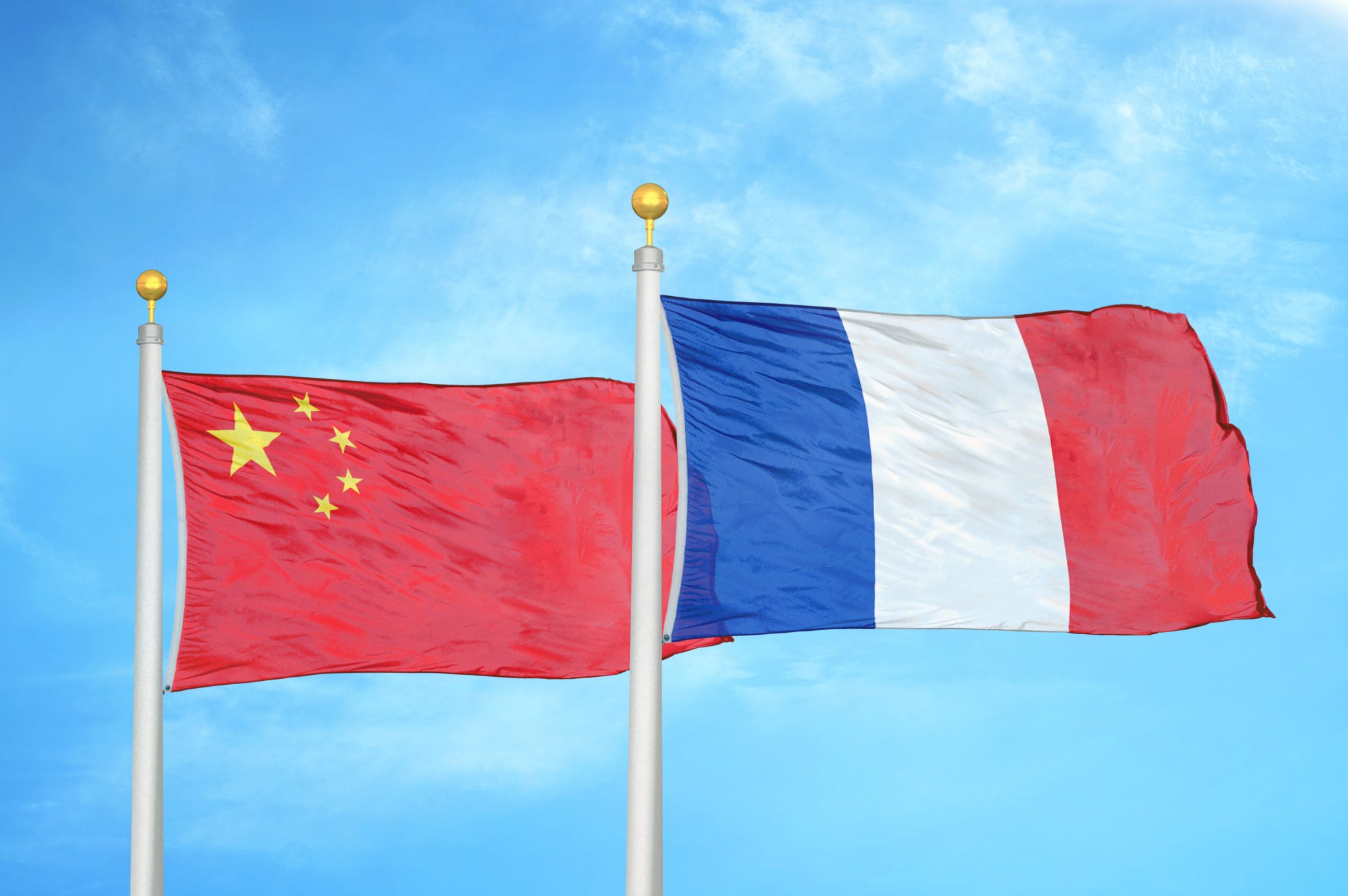On April 15, the French ministry of foreign affairs summoned the Chinese ambassador in Paris. After weeks of incendiary rhetoric from the Chinese delegation, French authorities were incensed by an article on the embassy’s website falsely claiming that staff in nursing homes had left their residents to die of hunger and disease.
The article is but the latest in a series of abrasive or false statements promoted by the Chinese embassy in Paris since the outbreak of the coronavirus in Europe. While much of the Chinese rhetoric surrounding the delivery of medical supplies in Europe has been promoting Xi Jinping’s vision of a “community of shared future for mankind,” the Chinese delegation in France has chosen to go on the offensive.
The article that provoked the French foreign ministry’s ire discusses the “bitterness” of Western countries in the face Beijing’s success in containing the epidemic in China, the lies of “anti-Chinese Western media,” and “Western political and cultural elites’” inability to react to the virus. A piece posted earlier on the embassy’s website lamented the lies produced by “the United States and some other Western countries” in response to Beijing’s factual promotion of its successes. It closed with: “Is such a man not stupid? This statement is addressed to these Westerners.”
The embassy’s Twitter page has echoed this aggressive rhetoric in two important ways. First, the volume of communications is remarkable. Although the embassy’s twitter account was opened only in August 2019, it has already posted nearly 2,000 tweets. By way of comparison, the Chinese Mission to the EU, whose page opened in September 2013, has only issued a bit over 8,000 tweets to date. Second, the tone over the past few months has been consistently combative, verging on abrasive, with content including derisive takes of media reports and French officials critical of China. In contrast to some more traditional channels of Chinese propaganda, the Chinese embassy in Paris also stands out for its regularly snide tone, reminiscent of the style of Russian information manipulation. In fact, the Chinese delegation in Paris has shared content from Russian state media on at least one occasion.
Some of the representation’s extraordinary tone can be attributed to the ambassador himself. Previously posted to Canada, Lu Shaye had already made an impression for his hard-nosed comments on the arrest of Huawei executive Meng Wanzhou. However, the rise to prominence of hawks like foreign ministry spokesperson Zhao Lijian does suggest that Beijing is looking for, in the words of Chinese nationalist tabloid Global Times, a “more strident” tone.
In fact, that same tabloid even coined a term for some Chinese diplomats’ newfound abrasiveness: “Wolf Warrior diplomacy.” Named after a patriotic blockbuster that can best be described as China’s Rambo, this new term encapsulates these officials’ predilection for shock and awe over actual diplomacy. Yet, for all the bombast, the social media accounts of the Chinese embassy in Paris have reverted to a much softer tone over the past few days.
The views expressed in GMF publications and commentary are the views of the author alone.





